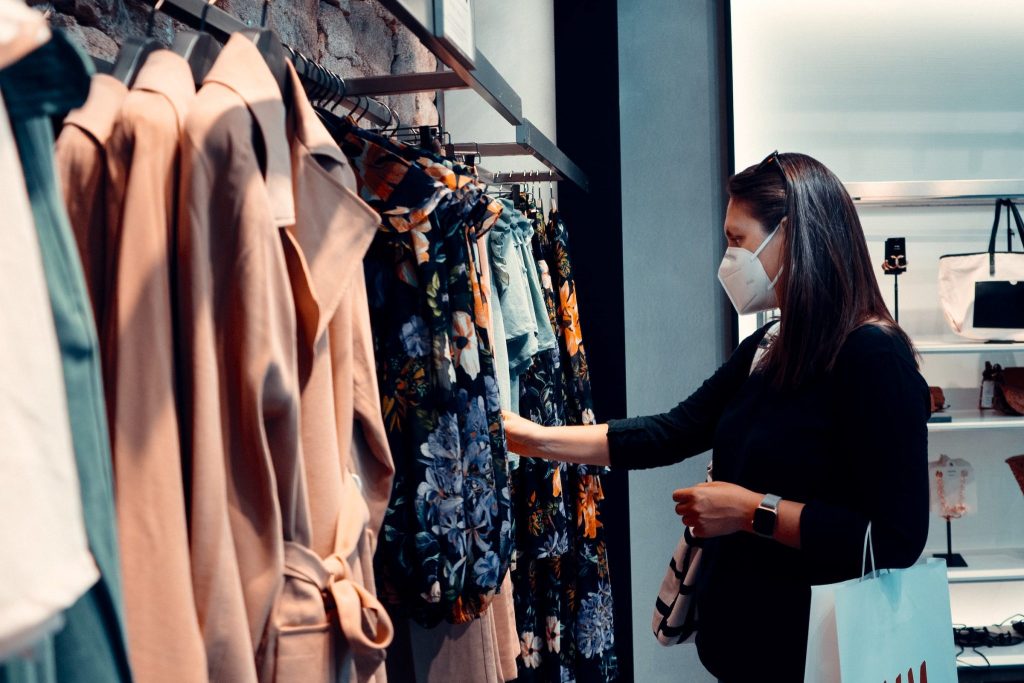Over the past few months, retail businesses have faced both enormous opportunities and unprecedented challenges. Their leaders have had to work hard and fast to take advantage of the changing landscape and transform their businesses, sometimes beyond recognition. Through a panel discussion led by the ASB Career Development Office as part of its “Rejuvenation & Reimagination Series,” we explored how retail operations have evolved during the COVID-19 pandemic and learned about the new opportunities that have arisen.
The discussion was led by ASB alumnus and branding expert Azra Becirovic, with insightful panelists Faizah Asma Mohamed Anuar of Lazada e-Logistics and Kristy Yong, Executive Director of the popular Malaysian retail outlet MS. READ. Both Lazada and MS. READ have had to fast-forward their operational plans in order to meet customer needs, creating two distinct challenges:
- adapting to changes in customer demand
- using digital technology to maintain customer intimacy
Read on to learn how they anticipated and addressed these challenges.
Challenge 1: Adapting to Changes in Customer Demand
When the Movement Control Order (MCO) was announced in Malaysia, e-commerce platforms like Lazada were perfectly positioned to deliver necessities to their consumers, while also supporting the businesses of their sellers. Not only did they have to onboard triple their normal rate of new sellers, they were also faced with the challenge of handling entirely new product categories, including fresh foods. Faizah explained:
“We had a crisis where our Cameron farmers had trouble getting produce to their customers, and they actually had to dump their produce. Because we had underlying tech, we had the ability to do same-day delivery within four hours. We had to make tweaks, and of course not sleep overnight… to adapt the tool to suit our sellers needs, but in two days we set up the Cameroon farmers.”
Lazada had already invested in its underlying logistics network and technology, which put them in a position to step in and serve a need earlier than previously planned. They have continued to innovate, launching an online fresh food bazaar for Ramadan, which despite the lockdown helped increase the reach of some of their sellers compared with previous years.
But what about businesses that are primarily brick-and-mortar, like MS. READ? Beyond restricting how consumers could access products, the MCO also changed consumer priorities. People are now more conscious of their material needs, looking for products that are long lasting and local. By keeping its brand’s purpose at the forefront of their strategy, MS. READ has been able to continue delivering customer value.
Kristy said, “The average basket size has definitely dropped. People are making more meaningful purchases. They’re just making more conscious decisions, so it’s really about upping that customer service to keep the sale.” By the time customers could return to the store, Kristy and the MS. READ team also paid special attention to making sure that both staff and customers felt safe.
With only three days prior notice before lockdown restrictions were lifted, they made the decision to move the opening day back by one day, so that the team could spend more time preparing and sanitizing the store and make sure they were set up for success. Lazada and MS. READ were able to navigate these challenges by focusing on what their customers needs are now and what they will be in the future. In both cases, preparation and adaptability played a huge role.
Challenge 2: Using Digital Technology to Maintain Customer Intimacy
As a technology platform, Lazada had access to a tremendous amount of data, and the resources to extract insights from that data. Faizah mentioned, “[Through these insights] we have meaningful discussions with our customers to get them to improve or allow us to support them better.” Their expertise in the digital space meant that they were already equipped with the tools they needed to handle the new normal.
But for MS. READ, the MCO gave them time to prepare a digital strategy for the first time. They started by having regular check-ins with customers over Whatsapp, but knew they needed a more robust system. As Kristy explained: “The downtime over the last MCO has given us an opportunity to build out our backend to have better visibility and integrate the customer journey online and offline.
This crisis has allowed us to build the visualizations that will enable us to read, understand, and use our data.” In this case, the crisis became an opportunity, allowing MS. READ to move forward with digital transformation initiatives and better serve their customers.
Advice for Job Seekers
The two speakers shared some wisdom on navigating the job market over the foreseeable future. The job market has changed drastically, which means everyone must reevaluate their options and think about where they ultimately want to go in their career. Now more than ever, those who are hiring are looking for adaptable and tech savvy leaders. Faizah said:
“It is a limited market, so you have to give and take… [The next job] may not be your ideal job. But if it takes you one step toward a role which can give you experience, then take it. It’s about how much you want it. It’s about learning. It’s about where you can bring value in the role that you are in. If you are fortunate enough to land that role, then value it. Be hungry.”
There are many more challenges ahead, which means tomorrow’s leaders will need to be resilient and able to add value in an uncertain environment.





